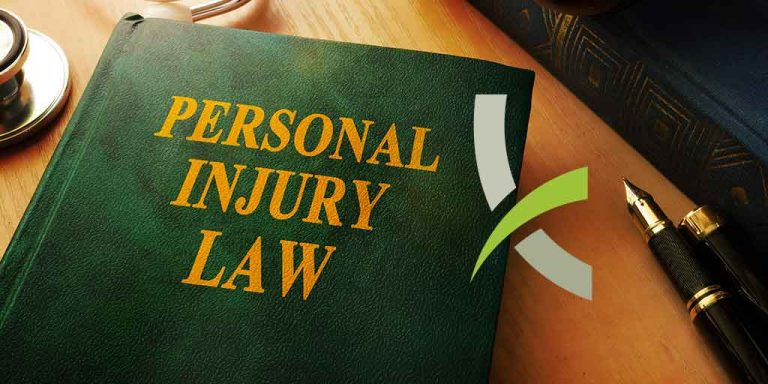There Are Many Different Types of Situations Where Personal Injury Law Applies
- Accidents: Most personal injury cases come from accidents, where someone is negligent and their negligent actions result in harm to someone else. Examples include wrongful death claims, injuries caused by drunk drivers, child injury cases, car wrecks, dog bite cases, premises liability (slip and fall cases) and medical malpractice cases.
- Intentional Acts: This is when a person’s intentional actions cause harm to another person, and include torts such as defamation, assault and battery or false imprisonment. It is important to note that most insurance policies do not cover the intentional or criminal actions of their insured.
- Strict Liability: These are situations in which a person may be held liable for injuries they caused no matter their intent. An example of strict liability could be a product liability claim arising from manufacturing and selling a defective product.
Each personal injury case is unique and will require different strategies. However, there are a few general steps that apply to most all personal injury cases.
Establishing Liability in a Personal Injury Case
First, to establish liability in a personal injury accident case, a plaintiff must show that a reasonably prudent person would have acted differently under the same circumstances in the defendant’s position. A plaintiff must prove that the defendant had a duty to act carefully in a situation and because they did not, the plaintiff was injured. For example, a driver must act carefully when driving because they are not the only ones who can get hurt on the roads. Drivers must operate their vehicles as a reasonable person would while on the road.
Calculating Damages
Second, once liability has been established against a defendant, they can be held responsible to pay damages caused by their actions. Certain damages are easier to calculate, such as medical bills and property damage. However, other types of damages, like pain and suffering, emotional distress or loss of earning capacity can be more difficult to calculate and may require expert testimony.
Negotiating Settlement Claims
Most times, the defendant or their insurance company will want to settle the claim outside of court. This involves settlement offers being made by the defendant or their insurance company in exchange for the plaintiff’s release of their claims and promise not to sue. If a settlement cannot be reached, the plaintiff can file a lawsuit in court. Settlement discussions often continue during the litigation process; it is still possible to settle the case before going to trial and letting a jury make the decision.
Negotiating a personal injury settlement can be very complicated and require the expertise of an experienced personal injury attorney. If you have been seriously injured contact our personal injury attorneys at the Kuzmich Law Firm P.C., today at 972.434.1555 to schedule a free case evaluation to see what legal options are available for you.
Steve Kuzmich is a Board Certified – Personal Injury Trial Lawyer by the Texas Board of Legal Specialization. The Kuzmich Law Firms’ focus practice areas are auto and trucking accidents, wrongful death and other serious injuries, injuries caused by drunk drivers, child injury cases, (slip and fall accidents) premises liability, and dog bite cases.
